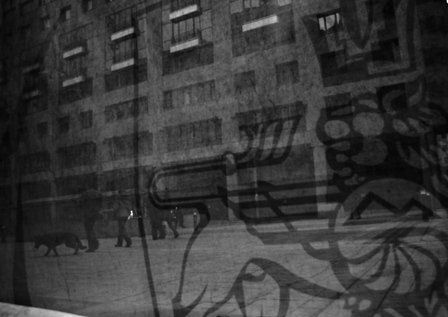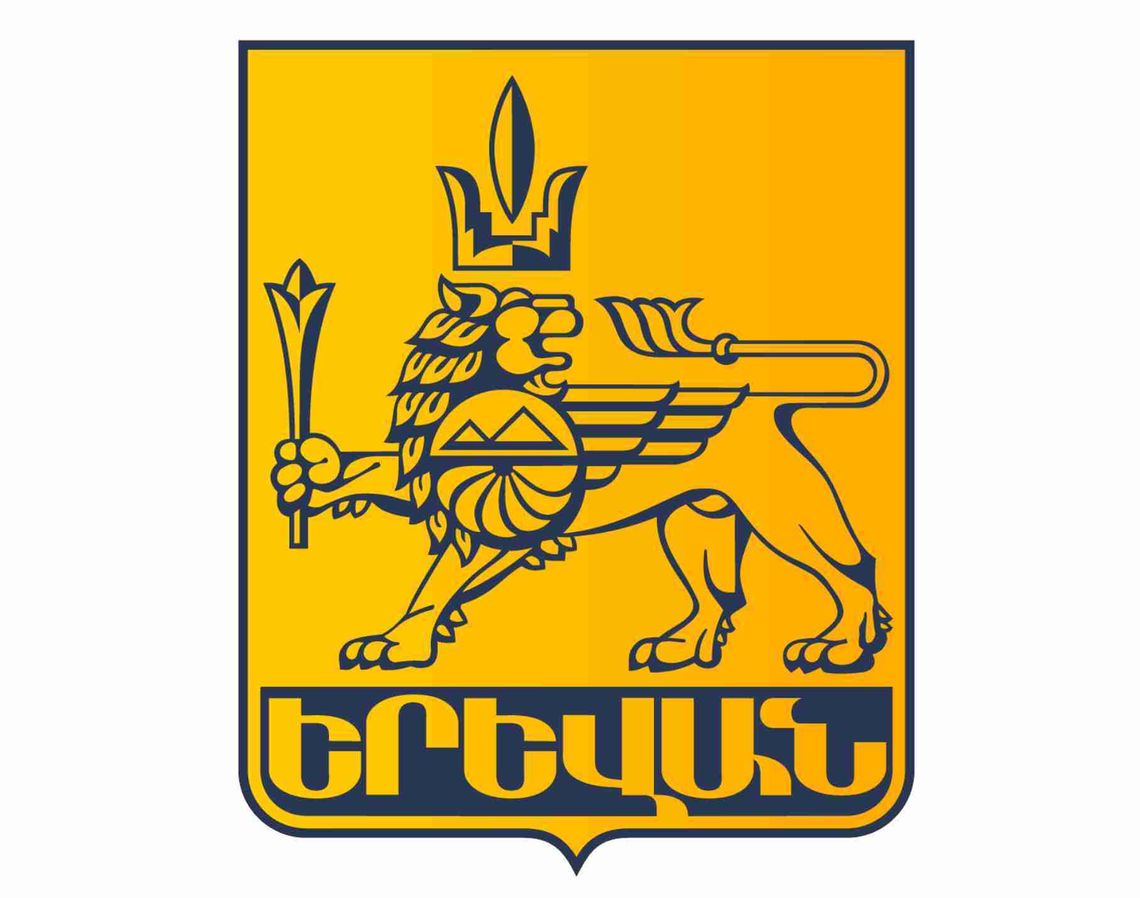Tue Apr 04 2017 · 5 min read
Post-Election Armenia
Managing Expectations Moving Forward

By Maria Titizian

Vibrant, well-organized political parties are an integral component of any democracy. For Armenia to move forward, the deep mistrust people have in parties must be eliminated - parties need to understand that they must engage in constructive dialogue with the people, every day and not just a few weeks or months leading up to elections.
Following the April 2 election, the ruling Republican Party with just over 49 percent of the vote is set to lead Armenia as the parliamentary majority for the next five years. Anyone who is surprised by this result is naive at best.
There were no indicators that the outcome would be any different.
Political alliances/ blocs were hastily formed a mere few months before Election Day and out of the four blocs in the running, only Yelq was able to cross the 7 percent threshold needed to enter parliament. The other political parties had already carved out their traditional space and electorate - the results attest to this.
There will be many experts and political pundits who will rip apart these elections and analyze them for weeks to come. Granted, this is a necessary exercise and there’s no denying the importance of looking back to be able to move forward, but the country and its people are suffering from a chronic case of whiplash.
While the political pundits analyze the elections, here is a proposal for a post-election road map.
All Politics is Local
Yerevan City municipal elections will be held on May 14 of this year and no one is talking about. The capital is the financial, economic and cultural hub of the country and constitutes about 35 percent of the entire electorate. Taking into consideration the administrative resources at its disposal, including the administration and oversight of public schools and medical centers, it would behoove political forces to remember that all politics is indeed local. Not only would it serve as an excellent training ground for political parties but it would also provide real experience and insight for their members into how to govern at a local level.
Decisions made by city councils directly affect people’s lives - from green spaces and urban planning to garbage disposal. This is where parties can have real impact, work on a local level with residents to gain their trust and confidence. This entails carrying out the duties of their office as prescribed by law and not giving out favors or making empty promises.
Unfortunately, local politics have largely been ignored, sidelined or underrated in terms of their importance and impact for Armenian political forces who aspire mostly to move in between spaces where ‘big politics’ is at play.
Political Party Reform
Most political parties in Armenia tend to mimic the kind of power structure that exists in national governance - intra-party dynamics are hierarchical with a rigid top-down structure.
Millionaire business tycoons leading parties, or alternately political strongmen in whose hands power is concentrated without an organizational structure, transparency and oversight lends itself to weak parties and invariably leads to indifference by and migration of members and supporters.
Vibrant, well-organized political parties are an integral component of any democracy. For Armenia to move forward, the deep mistrust people have in parties must be eliminated - parties need to understand that they must engage in constructive dialogue with the people, every day and not just a few weeks or months leading up to elections with promises to fix a road or pay off debts. To restore trust and confidence, parties must help connect politics with people, empower communities by working together with them to find long-term solutions and not quick fixes. Parties must move beyond short-sighted, short-term policies and network with civil society organizations, help build a political culture, build meaningful relationships with electors, and coordinate civic outreach and engagement.

Yerevan City Emblem
Adopted on April 26, 1995, the emblem has the following description: A lion depicted on the pedestal with the inscription "Yerevan," with its head turned back and holding a scepter, which is the attribute of power. There is a crown depicted over his head with a flower rising from its center and symbolizing the tree of life. The symbol of eternity is on the breast of the lion with a picture of the mountain Ararat in its upper part.
The emblem has a form of a rectangular shield.
Colors: Dark blue and apricolt yellow.
The author of the emblem is Albert Sokhikyan.
Civic Education
A few realities to put things into perspective. Almost 50 percent of eligible voters elected a party that they acknowledge has failed them on multiple levels. The rampant and now almost institutionalized practice of voter bribes was employed once again in these elections. The prevalent attitude among people was that their voice didn’t matter, the result was going to be the same regardless, so to accept the bribe was almost a natural thing and in turn, they held up their end of the bargain and out of honor voted for the party that bribed them. Their actions are justified by the privileged elite citing the former’s vulnerability, poverty and lack of empowerment.
In the absence of power, hope and belief and indeed the poverty that fuels these assumptions, the poverty that is sustained by those who passed out the bribes, the current situation, while unacceptable is understandable.
To radically shift this paradigm, civic education must become a mandatory component of Armenia’s public education policy. Programs starting from primary through secondary school must be developed and rigorously implemented. This entails training and professional development of faculty administering these courses.
Because contexts differ and societies are complex, the challenge will be to devise practices and procedures to meet the contemporary demands of Armenia. Civic education programs must strive to empower the youth, to help them see that only through their active participation in civic life and elections can meaningful change occur.
Currently, there is a lack of understanding of civic values at all levels of society. We can no longer afford the reproduction of underlying values of the Soviet experience that is prevalent. Students, youth must be empowered, or the country will continue to remain weak, vulnerable and fragmented. A path to civic engagement and democracy needs to include mainstreaming in curriculum and research. A long-term, robust and comprehensive policy must be developed by the Ministry of Education, working together with civil society organizations, human rights defenders and even representatives of the media.


